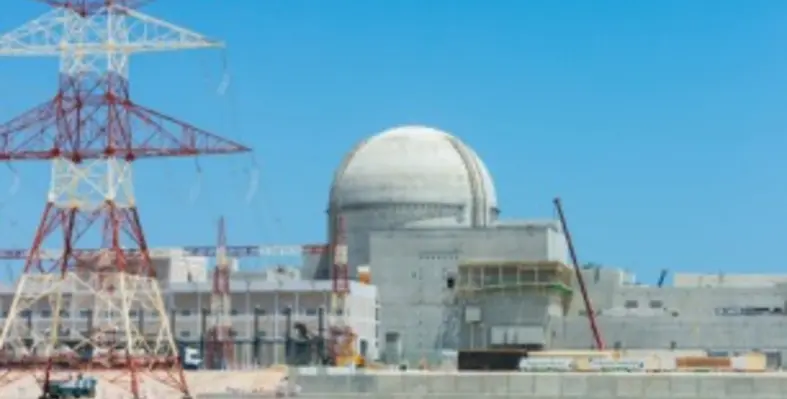A cold hydrostatic testing (CHT) has been done at Unit 2 at the Barakah nuclear energy plant in the UAE to verify whether the nuclear power station meets the highest international quality and safety standards
The CHT test was conducted by the Emirates Nuclear Energy Corporation (ENEC) in collaboration with Korea Electric Power Corporation (KEPCO), Korea Hydro and Nuclear Power (KHNP) and the Federal Authority for Nuclear Regulation (FANR).
ENEC has reported that the welds, joints, pipes and components of the reactor coolant system and associated high-pressure systems meet the standards of the Federal Authority for Nuclear Regulation (FANR).
Speaking about the test, Mohamed Al Hammadi, CEO of ENEC, said, ?The completion of CHT means that the second unit is closer to achieving its goal of enhancing energy security for the UAE, as well as its environmental sustainability by supplying the UAE with electricity produced with near-zero CO2 emissions.?
ENEC has demonstrated that the testing was an important step in preparing the Unit 2 for nuclear operation.
The testing precedes an integrated flushing at the unit?s nuclear steam supply systems (NSSS) with demineralised water to install the reactor pressure vessel head and reactor coolant pump seals. After the installations, CHT began with previously processed water filling the primary circuit and being circulated by the reactor coolant pumps that will help to maintain the required operating temperature inside the reactor during operations.
In line with Abu Dhabi Economic Vision 2030, the UAE is pursuing a peaceful nuclear energy programme to uphold the highest standards of safety, security and operational transparency in exploring nuclear energy potential in the region.
?Through the provision of clean, efficient and reliable energy and the creation of high-value jobs in parallel industries, the UAE peaceful nuclear energy sector ensures continued prosperity for the nation,? said Al Hammadi.
Located in Al Dhafra region in Abu Dhabi, Barakah nuclear energy plant consists of four nuclear units, with plans to start operations in all the units successively between 2017 and 2020.








